Founding Fathers
The Founding Fathers of Delta Tau Delta International Fraternity
The eight men considered to be the Founders of the Delta Tau Delta fraternity (who attended the two formal meetings which led to the founding in 1858) are:
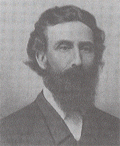 |
William Randolph Cunningham was only a freshman at the time Delta Tau Delta was formed. Because he was older and had become a Mason, however, he exerted much influence in the group. Cunningham, the picture of integrity, was probably responsible for much of the early language in both the Constitution and Ritual. He served as President of the Karnea in 1883. He was also a minister and held public office in the state of Washington. |
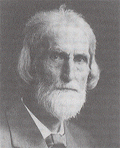 |
Alexander C. Earle, the youngest of the group of eight founders of Delta Tau Delta, went on to become a Captain in the Second South Carolina Volunteers, where he commanded his own company. For many years his whereabouts were unknown and he was believed dead, but he was finally located living in Arkansas. |
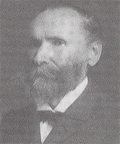 |
Richard H. Alfred, at 26 the oldest of the group of founders of Delta Tau Delta, became a minister and a physician. |
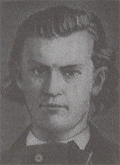 |
Henry K. Bell, a Kentuckian, lived only six years after graduation. His contribution to the Fraternity was immense; without him, there would be no Delta Tau Delta today. Bell responded to a call for help from the last remaining members of the Bethany chapter who were leaving to join the armed forces. |
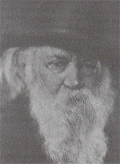 |
John C. Johnson was a native West Virginian (although at that time the area was still a part of Virginia). He became a lawyer and politician. He was the political advisor to John W. Davis, the Democratic nominee for President in 1924. One of Johnson’s favorite pastimes was conducting tours of Bethany and pointing out the room where Delta Tau Delta was founded. He outlived the other founders by eight years. |
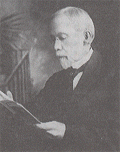 |
Jacob S. Lowe hosted the first meetings of the group in his quarters in a rooming house which has now become an international shrine for the Fraternity. Lowe became a professor and later a college president. |
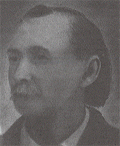 |
Eugene Tarr, a “townie” whose home was only a short six miles from Bethany. He stayed in West Virginia after college. Tarr became a noted speaker, lawyer, and editor of the local newspaper. |
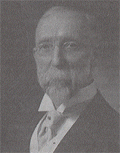 |
John Hunt was the scholar of the group. After graduating from Bethany, Hunt went on to become the valedictorian of his class at New York University’s School of Law. He then served for several years as New York’s Commissioner of Education. |
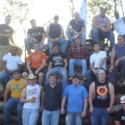


FOLLOW US ON